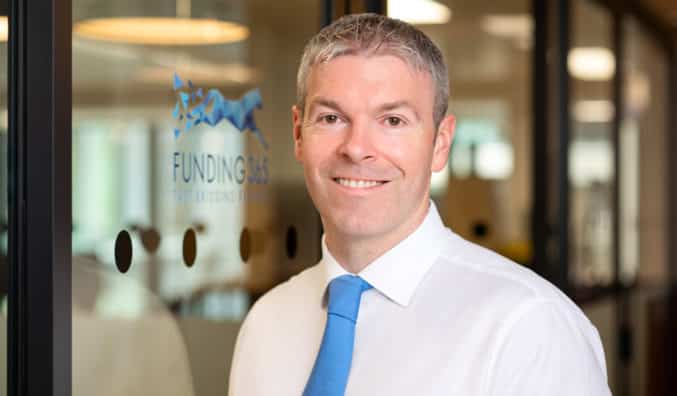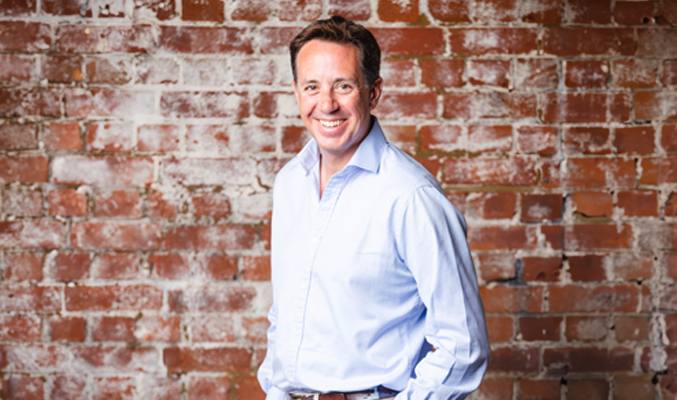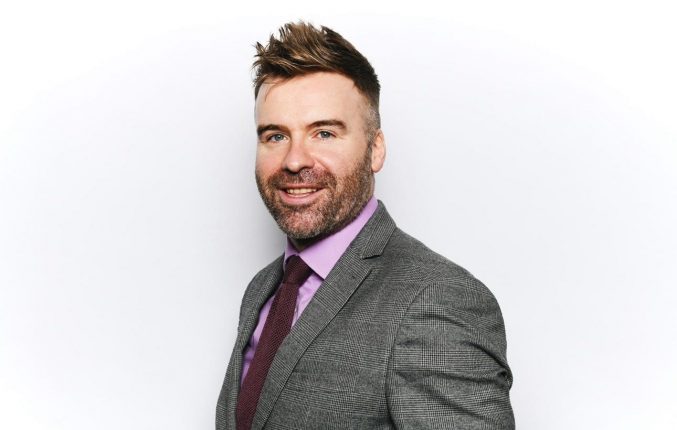‘I long for the day where I’m not asked about what makes a successful female leader’
By Tony Sanchez
In our latest Women in Finance Interview, Tony Sanchez speaks to Em Johnson, Commercial Director for the Property Finance division at Shawbrook Bank, a leading, specialist UK savings and lending bank.
Shawbrook’s Property Finance division works with intermediaries to support professional investors, landlords and SMEs.
As the Division’s recently appointed Commercial Director, Em Johnson will focus on the change management agenda and management information teams, highlighting emerging trends and areas of opportunity.
With more than 15 years’ experience in the UK finance industry, including four at Shawbrook, Em moves into her role in the Shawbrook’s Property Division from its Business Finance operation, having joined in 2017.
Em is passionate about going the extra mile for customers, broker partners and colleagues and believes her fresh thinking and new ideas will benefit brokers partners and customers moving forward.
What brought you into financial services?
I’m super interested in transferable skills – what I enjoyed most in education was anything analytical about what happened and why.
I joined banking initially in credit and relationship roles, which taught me about how and why we served customers; but also suited my fascination with trying to understand and communicate.
What do you think makes a successful leader? And in particular women leaders?
Doing what you say you will, relentlessly communicating, and doing both of those things in an authentic way.
I long for the day where I’m not asked about what makes a successful female leader – good leadership isn’t gendered, and my advice is the same to men and women.
What are the biggest barriers you have faced in your career in financial services?
My own impatience probably! I’ve been well supported by lots of fantastic people, but as a typical Gen Y person, I’ve probably always wanted the moon on a stick…and yesterday.
In hindsight, I’ve been able to appreciate that even not getting what you want is a learning experience (for example, the financial crisis landing as I was just starting out felt unfair – but it actually fast-tracked a lot of my learning).
If you could tell your younger self one thing you know about business now, what would it be?
Just be yourself, as you can’t be anyone else!
What’s your own personal mantra?
Control what you can control.
I have a very overactive imagination, which makes me spot risks and opportunities at every turn – but the having the ability to remain focused on what will actually move the dial is what helps you deliver in the end.
What do you think is key for finding a successful work‐life balance?
Outsource any household task that you don’t enjoy and can afford to outsource. This has saved my sanity (and marriage possibly!) on more than one occasion!
What’s one key leadership lesson you’ve learned along the way?
Try and take learnings from every good and bad leader who crosses your path, and hold yourself accountable for making the most of that…and then pay it forwards to those who follow in your footsteps.
What advice do you have for women aiming for leadership positions?
The same as I would for men – per all above questions actually. We should never ‘gender’ the advice that we give people.
What do you think is holding women back?
As individuals – nothing. Everyone in the world can make their own choices about the life and career they want to have.
But as a collective, it’s hard to argue that better support and funding for childcare (for both men and women) wouldn’t make a huge difference.
I’m obsessed with Caroline Criado-Perez’s book “Invisible Women”, which essentially talks about how hard-wired patriarchal constructs are into everything in our world, and how we need to fight to overcome that.
Do you think there is still a glass ceiling?
Per above, not for individuals – but on an average blended basis, yes.
What are your thoughts on the Women in Finance Charter?
“What gets measured gets managed” – I’m a huge advocate of any D&I initiative that helps organisations focus and hold themselves to account so I am fully supportive of this.
How do we encourage more women into financial services?
They are already there, actually! But just not as proportionately well represented in senior roles.
The gender pay gap is only second worst to the construction industry. What can organisations do to address this?
Playing back to some of my earlier points:
1. Be authentic – if you say this is a priority, act on that;
2. Communicate – make sure men and women at all layers understand the value of diversity and their own blind spots;
3. Structurally support men and women with caring / non-work responsibilities so that they can still work effectively – this applies as much to men as it does to women, as patriarchy damages males as much as it does females…











You must be logged in to post a comment.